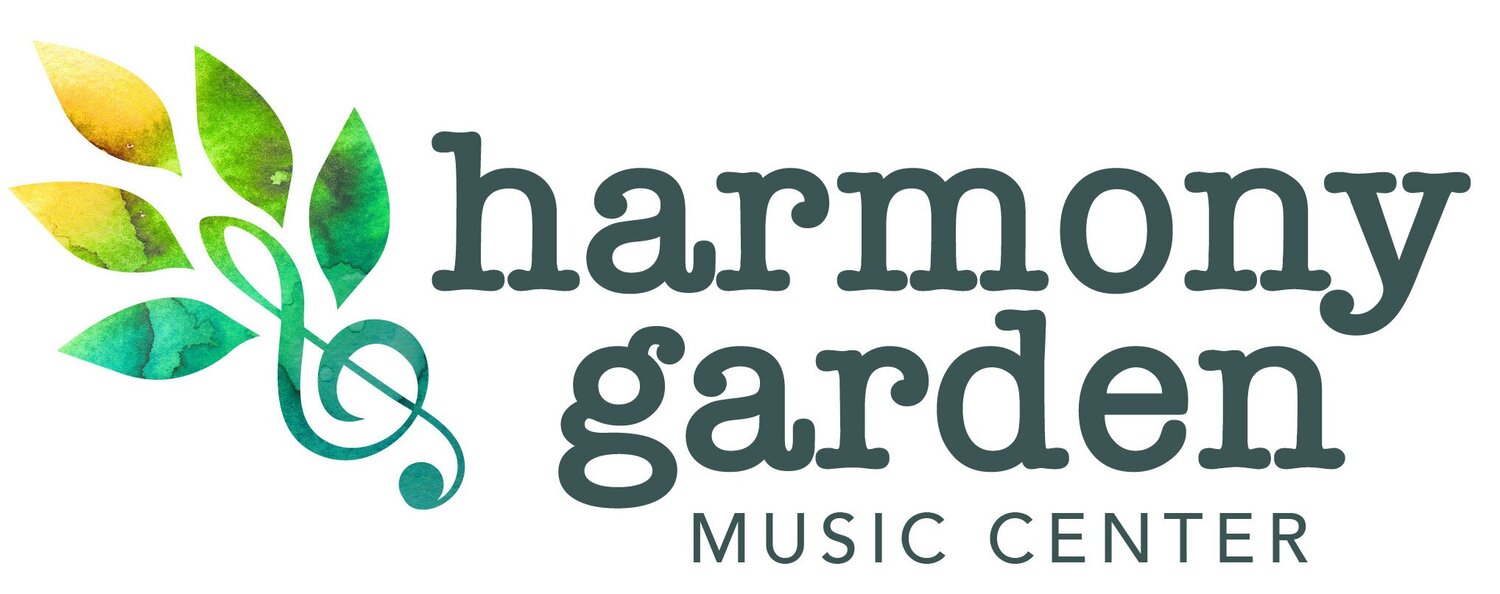Music: Your Child’s Companion in Every School Subject
Learning an instrument is a uniquely multidisciplinary process. A music student learns far more than just how to play songs; he or she also develops critical math and reasoning skills, improves literacy, builds motor skills, acquires a hands-on appreciation for history and culture, and experiences tremendous growth in self-esteem and confidence.
Let's take a look at the school day of an average elementary or middle school student, and how his or her musical learning benefits each part of the school day.
Math
Music and math are inseparable. The most fundamental of mathematical concepts, such as patterns, one-to-one correspondence, more-than and less-than, and grouping are all present in music. Plus, all rhythm is built upon divisions and subdivisions of a beat, giving students a practical understanding of fractions.
Reading & English
Music is its own language with its own symbols and rules for structure. And decoding these symbols exercises and strengthens the same parts of the brain that read and decode written words. Additionally, the physical act of playing an instrument boosts reading skills. Coordinating one's hands to work together - such as is done when playing an instrument - causes information to travel between the two hemispheres of the brain, which strengthens the parts of the brain that contribute to reading success. Research has also shown improved literacy in children who are able to keep a steady beat, as is done when playing an instrument.
Foreign Language
Improved reading skills also contribute to greater success in learning a foreign language. Plus, children learn words from different languages in their music lessons long before taking a foreign language class in school. Italian is used for most musical terminology, such as forte (meaning loud), and piano (meaning quiet), which appear in almost every piece of printed music. Or, depending on the composer, a piece may instead feature written terminology in languages such as German or Russian.
History & Social Studies
Music, like any other art form, is a mirror for the time and culture in which it was written. By learning music from different times and different countries, children gain a unique, multidisciplinary perspective on what was going on around the composer at the time a piece was written.
Science
By studying an instrument, children also gain important scientific knowledge. They learn different ways sound is produced, how much force is needed to create sounds of different volumes, or how sound may project differently in differently sized or shaped rooms. These are basic concepts of acoustical physics!
Physical Education
Learning an instrument can be a physically involved task, one that improves strength, dexterity, fine motor skills, and refines motor grading. Additionally, children who play their instruments in a group with other people develop strong interpersonal skills such as teamwork and collaboration. Not only do these areas contribute to the child's overall health, but also make him or her a strong player in any sport.
But Most Importantly...
Learning an instrument builds a child's self-esteem and confidence. By setting goals and working towards them, these children learn the value of hard work. They become intrinsically motivated to continually strive to be the best they can be, and they learn to use constructive criticism as a force for improvement. As a result, these children become confident in their abilities and in themselves. They become musicians - a title that comes along with all of these amazing traits - and they are proud of it!
